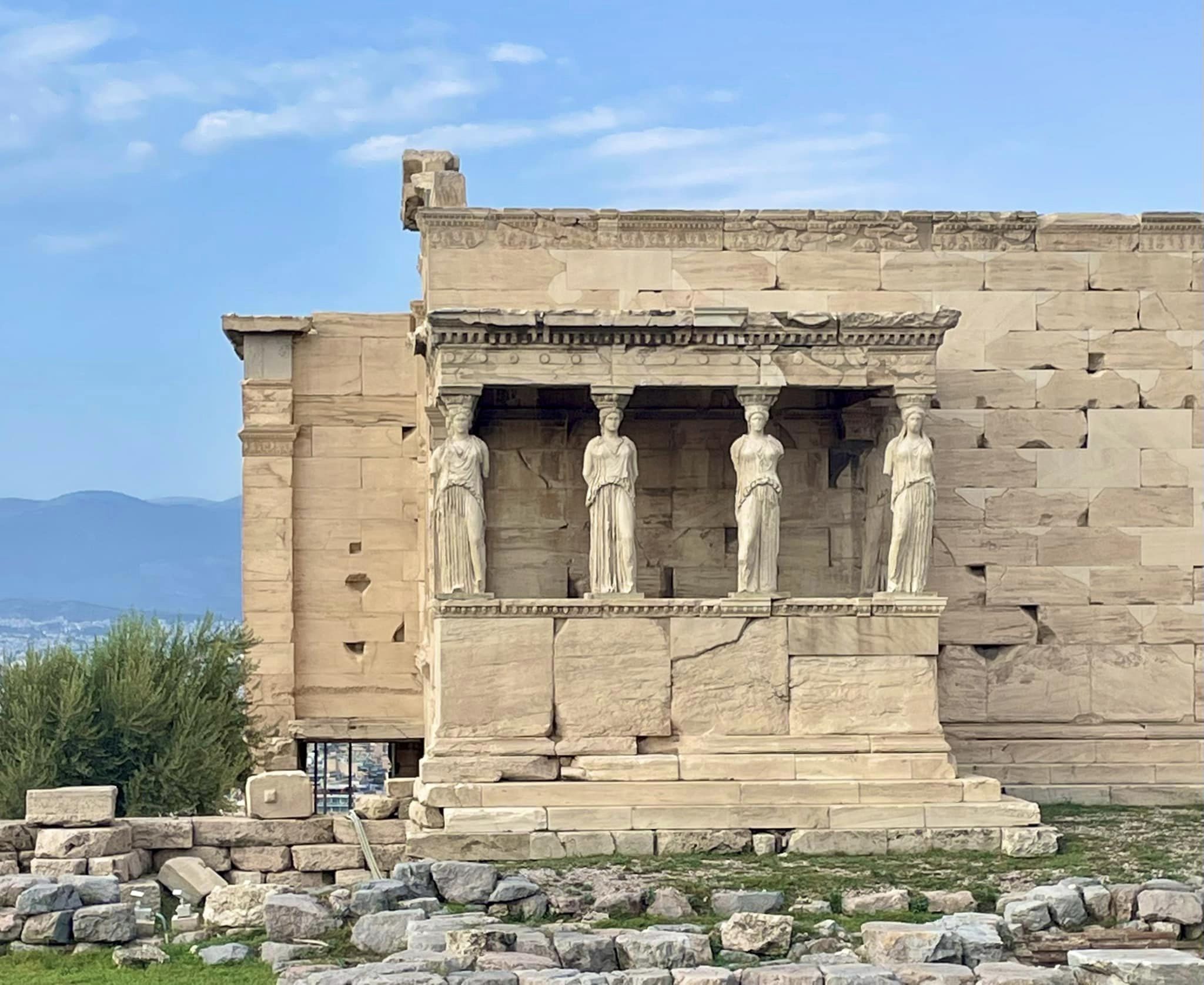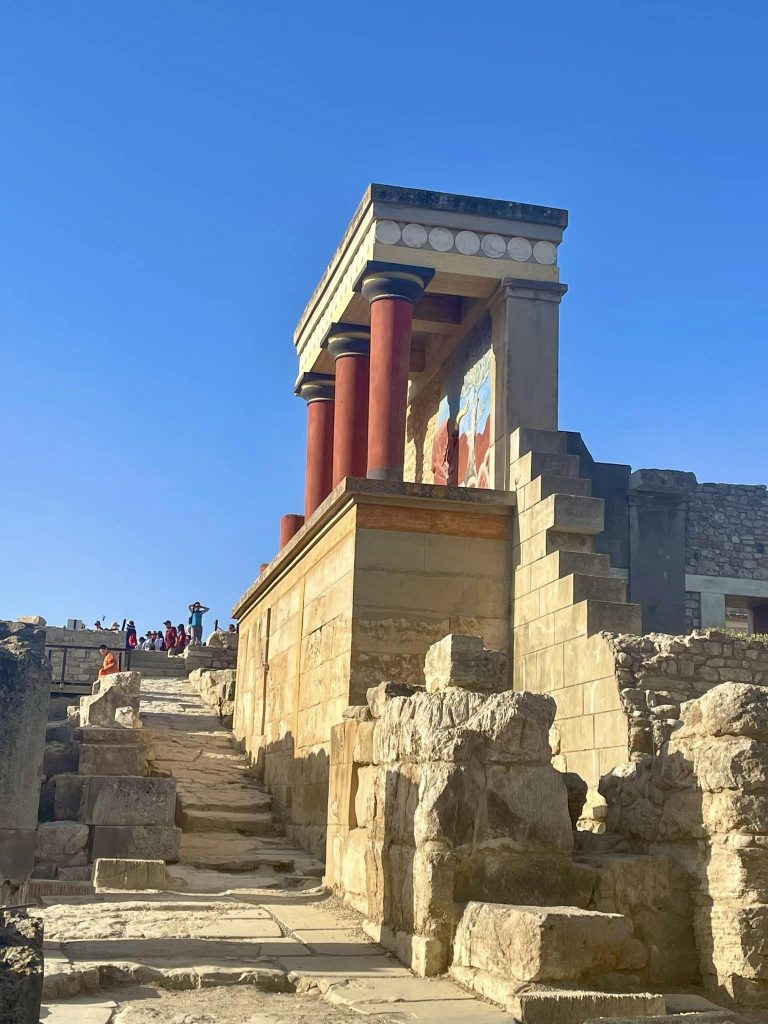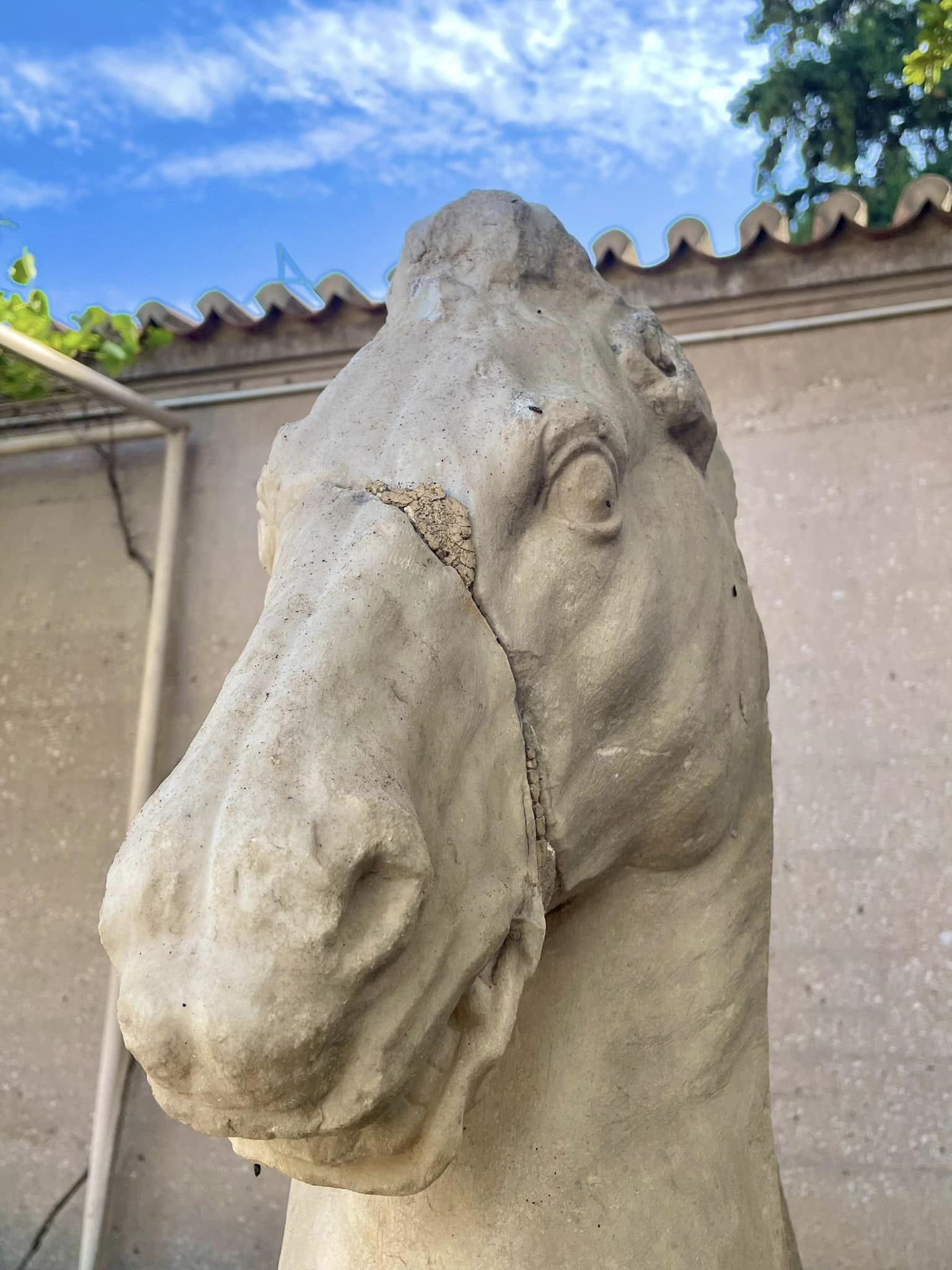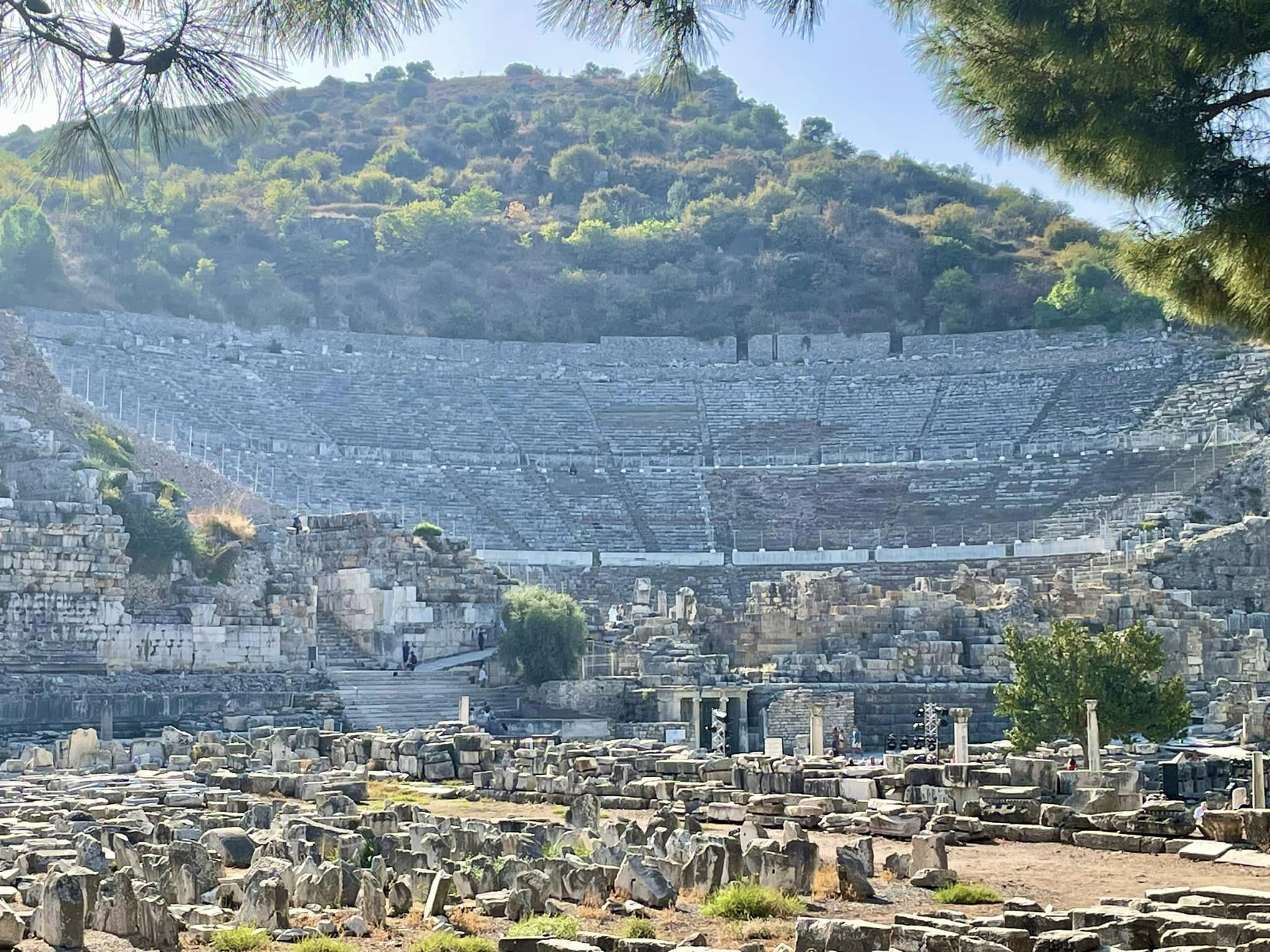If you have ever studied the Old Testament, you have probably noticed that some of the longest and hardest names in the Bible reside there.
Yes, the New Testament contains some unique biblical names, but the Old Testament takes the cake! Here are the top ten longest and hardest names, along with Bible verses reference.

1. Maher-shalal-hash-baz
Did you try to pronounce it? Wow! The name Mahershalalhashbaz is found twice in the book of Isaiah:
Then the Lord said to me, “Take a large tablet and write on it in common characters, ‘Belonging to Maher-shalal-hash-baz.’ And I will get reliable witnesses, Uriah the priest and Zechariah the son of Jeberechiah, to attest for me.” And I went to the prophetess, and she conceived and bore a son. Then the Lord said to me, “Call his name Maher-shalal-hash-baz” (Isaiah 8:1-3, ESV).
Out of all Isaiah’s sons, I think I would have preferred Isaac. But here, God instructs Isaiah to give his second son this unique name containing eighteen letters and six syllables. That is a long name!
Before Maher-shalal-hash-baz was even conceived, God told Isaiah the boy’s name which means “Swift to the spoil, quick to the plunder.” Born during the Syro-Ephraimite War involving Syria, Israel, and the Assyrian Empire, it prophesied Israel’s fall to the king of Assyria, Tiglath-Pileser III, in 732 BC.

2. Cushan-rishathaim
Is it wrong that I keep pronouncing it like the flower chrysanthemum? This proper name is the second-longest name in the Bible and appears in Judges:
“Therefore the anger of the Lord was kindled against Israel, and he sold them into the hand of Cushan-rishathaim king of Mesopotamia. And the people of Israel served Cushan-rishathaim eight years. But when the people of Israel cried out to the Lord, the Lord raised up a deliverer for the people of Israel, who saved them, Othniel the son of Kenaz, Caleb’s younger brother. The Spirit of the Lord was upon him, and he judged Israel. He went out to war, and the Lord gave Cushan-rishathaim king of Mesopotamia into his hand. And his hand prevailed over Cushan-rishathaim” (Judges 3:8-10, ESV).
This king of northwest Mesopotamia was the first oppressor of the Israelites after they settled in the Promised Land (Canaan). God allowed the children of Israel to fall under the punishment of this king for eight years for idol worship until their hearts turned back toward God.

3. Zaphenath-paneah
In the number three spot of long names and long words appears a well-known character. I learned this name when I studied the story of Joseph in Genesis, where it appears in only one Bible verse:
“And Pharaoh called Joseph’s name Zaphenath-paneah. And he gave him in marriage Asenath, the daughter of Potiphera priest of On. So Joseph went out over the land of Egypt” (Genesis 41:45, ESV).
When Pharaoh elevated Joseph to the prime minister of Egypt ahead of the seven-year famine, Pharaoh replaced the Hebrew name “Joseph” with this whopper.
Given by Pharaoh, the name seems to be Egyptian, but the exact meaning is unclear. Most scholars agree that it generally means, “the man to whom mysteries are revealed.” Since God gave Joseph the gift of interpreting dreams, that meaning certainly makes sense.
Find my Bible study on Joseph, “Meant for Good,” here.

4. Merodach-baladan
This man was a king of Babylon and is mentioned in the book of Isaiah:
“At that time Merodach-baladan the son of Baladan, king of Babylon, sent envoys with letters and a present to Hezekiah, for he heard that he had been sick and had recovered” (Isaiah 39:1, ESV).
Merodach-Baladan II was king of Babylonia from 721-710 BC. One of the interesting facts about him is that he also served as king for only nine months in 703 BC. He is best known for maintaining Babylonian independence against the Assyrian military supremacy for more than a decade.

5. Tiglath-pileser
Another tongue twister, this name is found in the book of 1 Chronicles:
“Beerah his son, whom Tiglath-pileser king of Assyria carried away into exile; he was a chief of the Reubenites. … And when they prevailed over them, the Hagrites and all who were with them were given into their hands, for they cried out to God in the battle, and he granted their urgent plea because they trusted in him” (1 Chronicles 5:6, 20, ESV).
Tiglath-pileser was the king of Assyria during 745-727 BC. He inaugurated the last and greatest phase of Assyrian Expansion as he merged the kingdoms of Assyria and Babylonia. He amassed vast wealth as he conquered neighboring lands.

6. Nebuchadnezzar
Finally, a name that we are familiar with probably because it appears over 90 times in the Old Testament. This name occurs 39 times in Jeremiah and 30 times in Daniel, along with seven other books.
“At that time the servants of Nebuchadnezzar king of Babylon came up to Jerusalem, and the city was besieged. And Nebuchadnezzar king of Babylon came to the city while his servants were besieging it…and carried off all the treasures of the house of the Lord and the treasures of the king’s house, and cut in pieces all the vessels of gold in the temple of the Lord, which Solomon king of Israel had made, as the Lord had foretold. He carried away all Jerusalem and all the officials and all the mighty men of valor, 10,000 captives, and all the craftsmen and the smiths. None remained, except the poorest people of the land” (2 Kings 24:10-11, 13-14, ESV).
He was the most famous Babylonian king, as well as one of the most powerful rulers to ever appear on the world stage. He carried off Daniel, Shadrach, Meshach, and Abednego, among thousands of others. Yet like all kings, Nebuchadenzzar’s might was nothing compared to Israel’s Mighty God.

7. Mephibosheth
This also may be a familiar name if you know King David’s story. Mephibosheth was the son of Jonathan, grandson of King Saul, who was crippled in his feet. He appears fourteen times in Scripture:
“And David said, “Is there still anyone left of the house of Saul, that I may show him kindness for Jonathan’s sake?” (2 Samuel 9:1, ESV).
Though not brothers, David loved Jonathan like a brother. After David became king of Israel, he wanted to honor Jonathan’s memory by honoring any surviving family members. David promised Mephibosheth:
“I will show you kindness for the sake of your father Jonathan, and I will restore to you all the land of Saul your father, and you shall eat at my table always” (2 Samuel 9:7, ESV).

8. Chedorlaomer
Appearing five times in the book of Genesis, Chedorlaomer was a king of Elam:
“In the days of Amraphel king of Shinar, Arioch king of Ellasar, Chedorlaomer king of Elam, and Tidal king of Goiim, these kings made war with Bera king of Sodom, Birsha king of Gomorrah, Shinab king of Admah, Shemeber king of Zeboiim, and the king of Bela (that is, Zoar). And all these joined forces in the Valley of Siddim (that is, the Salt Sea). Twelve years they had served Chedorlaomer, but in the thirteenth year they rebelled” (Genesis 14:1-4, ESV).
In the 14th year, Chedorlaomer and three allies, Amraphel of Shinar, Arioch from Ellasar, and Tidal of Goiim, put down the rebellion. Among Chedorlaomer’s captives was Abraham’s nephew Lot, who had been living nearby.

9. Hazarmaveth
The thirteenth son of Joktan (son of Eber, son of Shem, son of Noah), Hazarmaveth appears twice. Both times his appearance is in the context of Noah’s lineage:
“Joktan fathered Almodad, Sheleph, Hazarmaveth, Jerah, Hadoram, Uzal, Diklah, Obal, Abimael, Sheba, Ophir, Havilah, and Jobab; all these were the sons of Joktan” (1 Chronicles 1:20-23, ESV).
A very interesting fact about Hazarmaveth is that his name means “court of death.” However, Scripture does not reveal why he was given this name.

10. Ammishaddai
Appearing five times in the book of Numbers, our number ten spot of long Biblical names comes from the Tribe of Dan:
“On the north side shall be the standard of the camp of Dan by their companies, the chief of the people of Dan being Ahiezer the son of Ammishaddai” (Numbers 2:25, ESV).
Ammishaddai was the father of Ahiezer, who was chief of the Danites at the time of the Exodus. This is one of the few names compounded with the name of God, Shaddai, “Almighty.”
Bottom line, there are some long names in the Bible. These are just the top 10! I hope you have fun exploring the Bible for even more.
Related Posts:
- Best Bible Reading Plans
- How Many Chapters and Verses Are There in the Bible?
- What Happened to Queen Esther in the Bible story?
About the Author
Donna is a sought-after speaker, multi-published author, and Bible teacher. Her path from being unchurched to becoming passionate about sharing Jesus was not easy. Read about her God-breathed journey: “From Unchurched to Becoming a Multi-Published Author and Sought-After Speaker.” If you want to send Donna a quick message, then visit her here.
{Some of these links are affiliate links. This means if you purchase through that link, the ministry may receive a small commission at no extra cost to you.}
